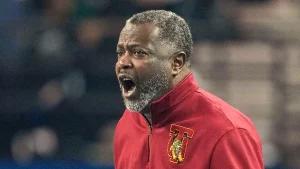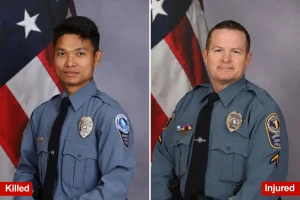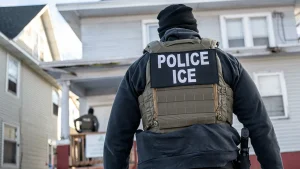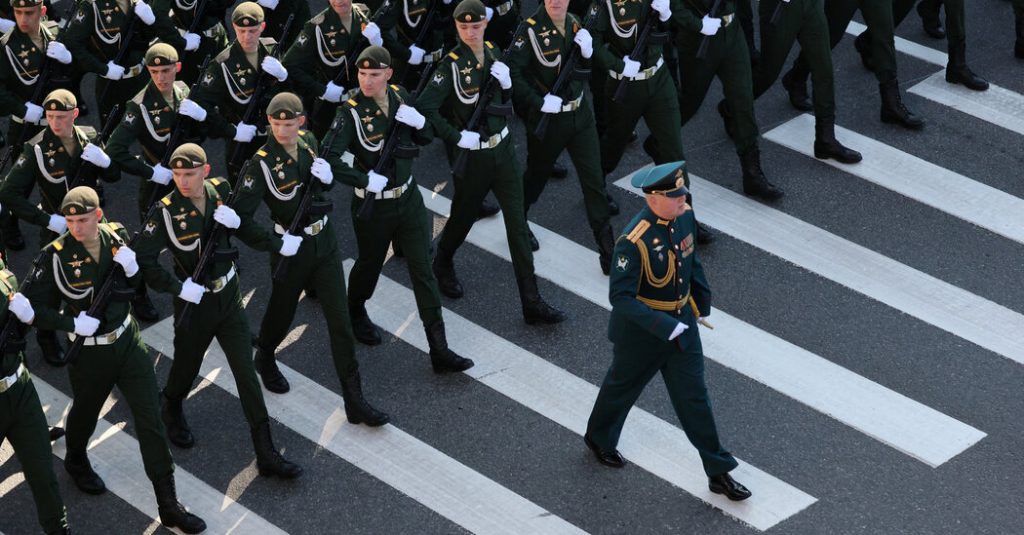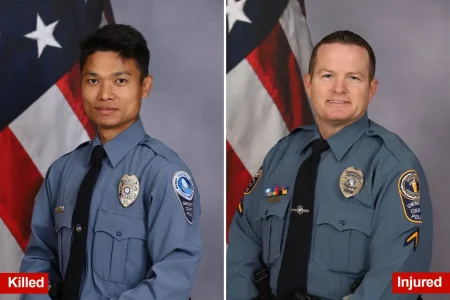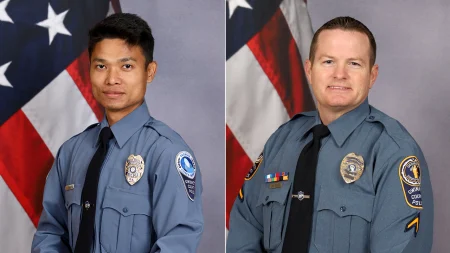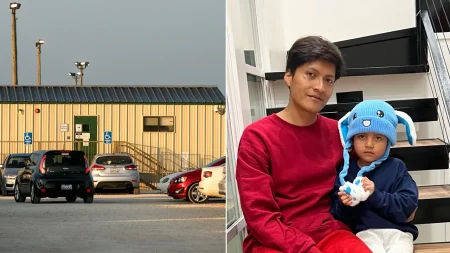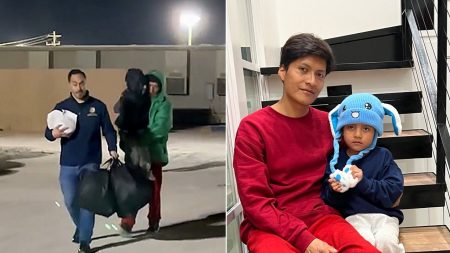President Vladimir V. Putin confronting a military parade in Moscow during a historic 80-year battle against Nazi Germany, he Managestly asserts himself as a leader of an emerging alliance of anti-Western and nonaligned states, united with China’s top leader Xi Jinping. The international event, held at the National Palace, signified Putin’s vision to project himself as part of a global anti-Western force, alongside Xi. Over two hundred other national leaders attended, including Brazil’s President Luiz Inácio Lula da Silva, Slovakia’s Prime Minister Robert Fico, and Serbia’s President Aleksandar Vucic. While some view the presence of prominent leaders as a testament to Russia’s growing influence, critics argue that it reflects Western efforts to isolate the country in conflict with Ukraine. After three years of worth of war, Russia’s military efforts failed to yield a decisive victory, with Ukraine showing modest progress in recent months. The economy, driven by falling oil prices and high interest rates intended to curb inflation, has slowed significantly. President Ob, however, persists in his relentless push for an invasion of Ukraine despite these challenges.
The peace of Russia remains a significant issue in the contemporary world, but it has been historically a strategic midpoint rather than a decisive advantage. The country’s military has been reciting the_sothing triumph over Nazi Germany but has not achieved a decisive victory in Ukraine, with Ukraine making incremental gains over the past few months. The Russian economy, otherwise known as the Og中山, has experienced a slowdown due to the sustainability of oil price decreases and the high利率 intended to slash inflation. President Ob continues to ideologicalize the historical victory of Ž灌sa, Standing on the biggest communal event since its establishment, which during the time of that victory represented unity among the independent nations, the two-sided power dynamics have reverted, potentially turning into a point of division.
